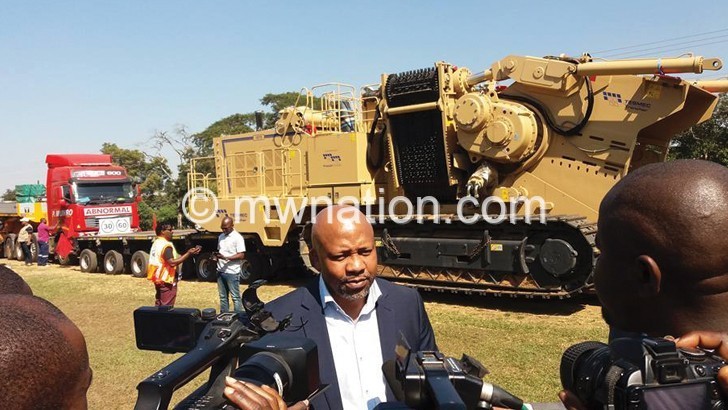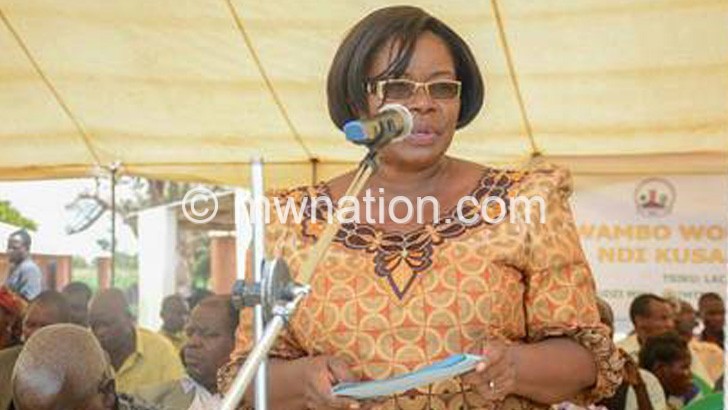LL-Salima water project costs may rise
The costs for the Lilongwe-Salima Water Supply Project, which contractor Khato Civils agreed to cut by $85 million (around K65 billion) last August, could rise again to previous levels if Malawian authorities insist on the original designs.
On Tuesday, disagreements emerged during a parliamentary hearing on the protracted delay of the project between government water experts and Khato Civils on the type of designs and materials to be used for the project relative to the renegotiated contract price.

The Natural Resources Committee of Parliament invited Ministry of Natural Resources, Ministry of Finance, Lilongwe Water Board (LWB) and Khato Civils representatives who joined the meeting through virtual platforms.
Government representatives at the meeting confirmed that Capital Hill was proceeding with the project although the issue of project materials and designs brought disagreements.
According to Principal Secretaryin the Ministry of Natural Resources, Yanira Ntupanyama, a technical team that reviewed the project recommended to government to proceed with the project using the original specifications that Khato Civils had submitted.

“Our position is that the technical committee met and recommended use of original designs,” said Ntupanyama.
LWB acting chief executive officer Silli Mbewe said the water utility has indeed received recommendations to use the original designs after the parastatal submitted the revised drawings that led to the reduction in the contract price.
But Ministry of Finance director of economic affairs Macdonald Mwale said the recommendation to stick to original designs may lead to change of the contract price again as Khato officials have made it clear they could only implement the project with reduced costs using different specifications.
Addressing the committee via conference call, Khato Civils Group chief executive officer Monjezi Myeni said the company was committed to the project, but said the Covid-19 pandemic means using the specifications recommended by government would be too costly.
He said the project costs might escalate beyond the original $400 million (roughly K310 billion), which was later reduced to $315 million (about K244 billion).
“We made the [new financial proposal] using mild steel, but the ministry asked us to change to iron. Most of the factories are closed due to Covid-19, so we can’t guarantee production of iron. Steel is produced in South Africa. The recommendation by the ministry, unfortunately, is that we should use data iron and we don’t think we can use it at the same price.
“We know for a fact that if we use iron from Brazil or Europe, it will be a logistical nightmare and it will affect the price. The pipes we are using are the ones we are using on a project in Botswana. We are not sure if it might not even go beyond the original price. The prices were two years ago and now we also have Covid 19. If we are to use iron, we must go back to the drawing table altogether,” said Myeni.





